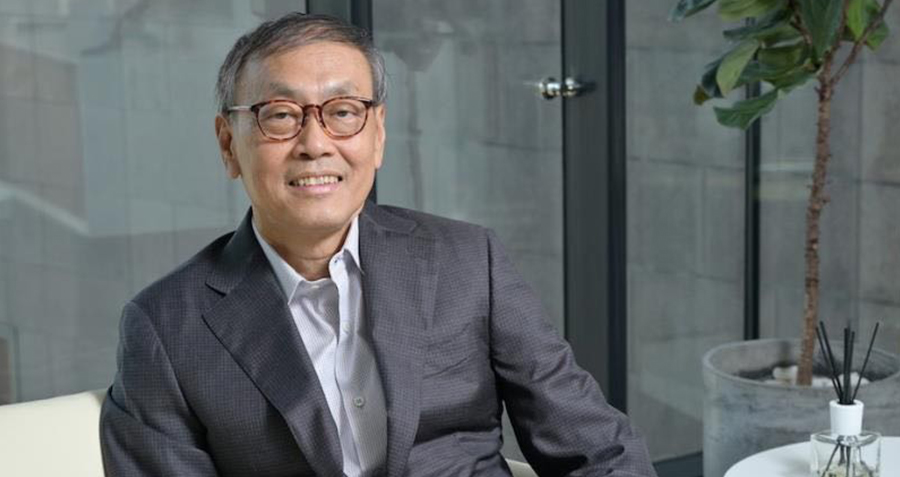The world’s largest online shopping festival is now underway, with 2,600 participating brands reporting their first-hour sales in 2021 having already surpassed that of the first day in 2020. Launched in 2009 by Alibaba as an unofficial holiday on Nov 11 (11.11) to celebrate singletons, it has since expanded from one day to around three weeks, and from Alibaba marketplaces to the whole sector.

This year, the Double 11 event has two sales windows – the first is from November 1 to 3, and a second on November 11 – the main event. Pre-sales kicked off on October 20. Livestreaming has become a key consumer engagement mechanism to drive sales. One of China’s top live-streamers, Austin Li Jiaqi — widely known as “Lipstick King”— sold $1.9 billion in products ranging from Shiseido creams to Apple AirPods within the first 12 hours of this year’s pre-sale, followed by Viya and Cherie who pre-sold $1.25 billion worth of goods and $187 million respectively on 20 October.

While Alibaba’s Tmall last year reported sales of $77.91 billion from November 1 to 11, we have yet to see how sales will pan out this year, particularly in light of anticompetitive measures, a broad emphasis on common prosperity, and new trends in online shopping across China. Can China’s consumer appetite play a bigger role in driving China’s economic growth? How will some of China’s latest events affect this year’s consumer spending? We asked CKGSB Professor of Finance and Accounting Liu Jing for his thoughts on this year’s big shopping spree.
1. How will the emphasis on “Common Prosperity” change consumer trends? Do you think we’ll see a hit to the luxury sector this Singles Day?
A: The emphasis on common prosperity will change things in the long term, but will have very limited effect on the short term. The idea is to redistribute income so that disparity is less severe. If successful, you will see more consumption and less investment in China. My guess is that it will only hit the luxury sector if the overall economy stalls or if the government actively tries to tamper down on luxury consumption. The demand for luxury goods is a natural sign of economic prosperity.
2. Can we expect to see more domestic demand from lower-tiered cities in China? Will this be enough to drive the economic growth China needs?
A: Most of China’s future growth will need to come from internal consumption. Investments are already creating overcapacity and external markets are already saturated. Redistribution of income is desired so that more people have more money to consume, and ultimately that money comes from what was saved for investments. There are two sides to economic growth: supply and demand. You can only grow when the two are equal; you are limited by the lower of the two. In the long run, demand is less of an issue. Supply, primarily driven by productivity growth, is paramount. In the short run, however, inadequate demand is as binding as inadequate supply, therefore matching demand with supply is also crucial, and common prosperity is intended to address this. I think China will have some level of success in restructuring the demand side of the equation. My bigger worry is about productivity growth and innovation.
3. Will consumer sentiment be dampened due to China’s recent jitters around its real estate market, since sentiment towards real estate is so intricately tied with wider market confidence?
A: Sentiment can be quite volatile, and easy to change. It is not difficult to create a bull market in either consumption or investments, if you only do it for a short while. The issue is whether you can create a bull market that lasts more than decades. China’s real estate market is seriously flawed in that its prices are too high, touching on bubble territory. A fundamental fix to the sector is needed for the health of the economy. The government’s slogan, “housing is for living not for speculation” makes sense. To move from “live and speculate” to “live but not speculate” is quite tough since housing is such a big sector of the economy as China continues to urbanize.
Dr. Liu is Professor of Accounting and Finance and Associate Dean at CKGSB. He is also an internationally recognized expert on capital markets and investment analysis, and Director of CKGSB’s Center for Investment Research. For more information on Professor Liu, please click here to read his full bio.






















